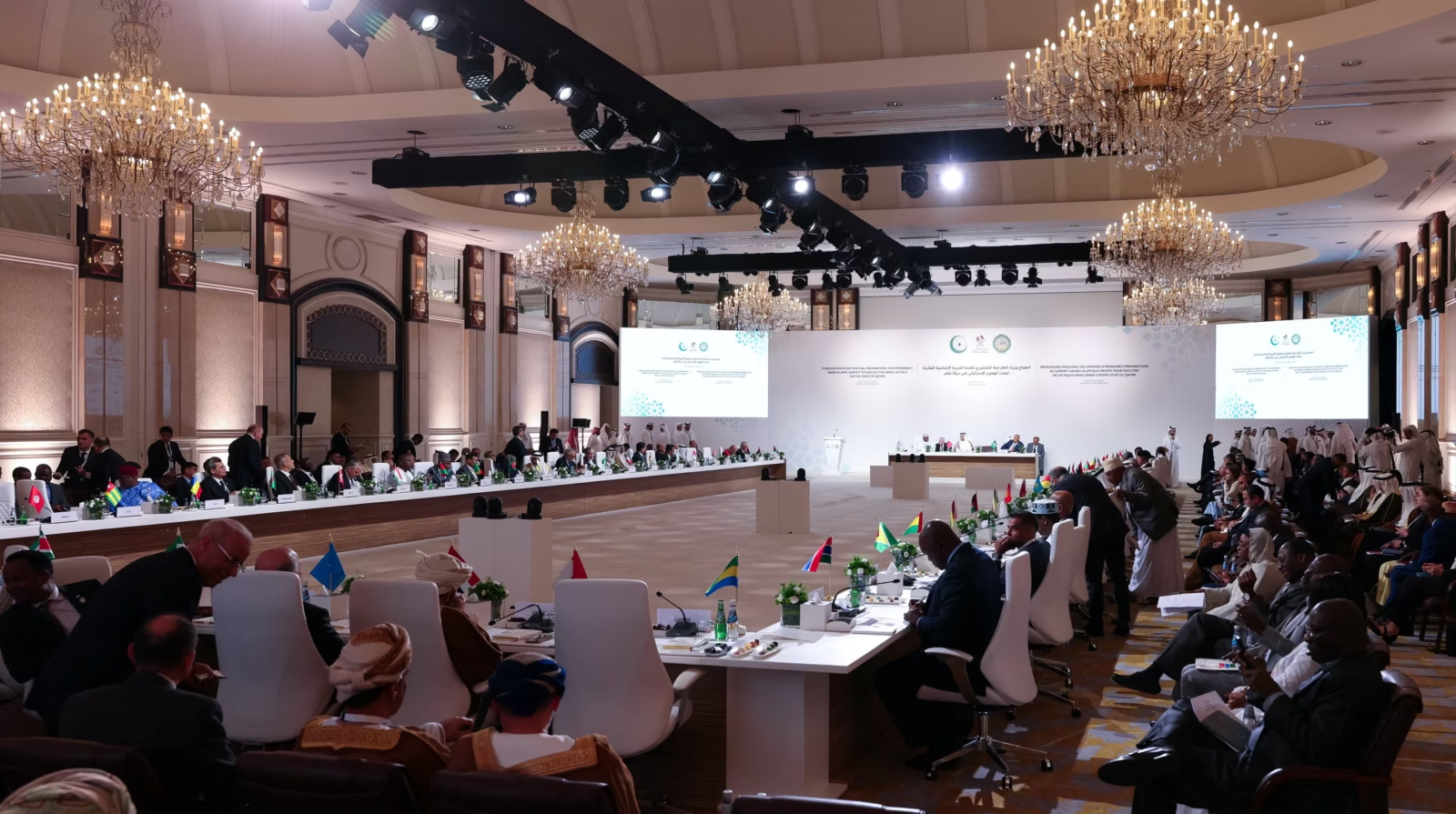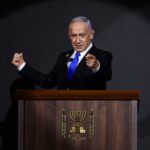DOHA – Leaders of Arab and Islamic states are preparing to issue a strong warning that Israel’s airstrike on Qatar, alongside its broader “hostile acts,” poses a grave threat to coexistence and ongoing efforts to normalize ties across the Middle East. A draft resolution, set to be presented at an emergency Arab-Islamic summit in Doha on Monday, frames Israel’s September 9 strike as a direct challenge not only to Qatar’s sovereignty but also to the fragile framework of regional diplomacy.
The summit, convened jointly by the Arab League and the Organization of Islamic Cooperation (OIC), was called in solidarity with Qatar after Israel targeted Hamas officials residing in the Gulf state. While Hamas confirmed the strike killed five of its members, it denied that senior leaders were among the casualties. The incident has prompted Gulf Arab states including U.S. aligned nations to close ranks, straining already fragile relations between Israel and the United Arab Emirates, which normalized ties under the 2020 Abraham Accords.
According to excerpts of the draft resolution reviewed by Reuters, Arab and Islamic foreign ministers described the strike as part of a pattern of “genocide, ethnic cleansing, starvation, siege, and expansionist policies” that undermines peace prospects. The document warns that such actions jeopardize “everything that has been achieved on the path of normalizing ties with Israel, including current agreements and future ones.”
The resolution reflects mounting outrage in the Arab-Islamic world amid Israel’s nearly two-year war in Gaza, which has killed more than 64,000 people according to Palestinian authorities, a toll many global scholars of genocide have cited in accusing Israel of crimes against humanity. Israel rejects those accusations, maintaining its military campaign is an act of self-defense in response to Hamas’s October 7, 2023, assault that killed 1,200 people and saw 251 taken hostage.
Israeli Prime Minister Benjamin Netanyahu, however, has doubled down on pressuring Doha, calling on Qatar to either expel Hamas leaders or hand them over. He warned that failing to act would leave Israel no choice but to continue targeting them directly. Netanyahu argued over the weekend that removing Hamas’s political leadership in Qatar would eliminate the main barrier to hostage negotiations and potentially bring an end to the war.
For Arab and Islamic leaders, however, the strike represents a dangerous precedent, one that threatens not only Qatar’s security but also the fragile architecture of normalization that has reshaped the region in recent years.












Leave a comment